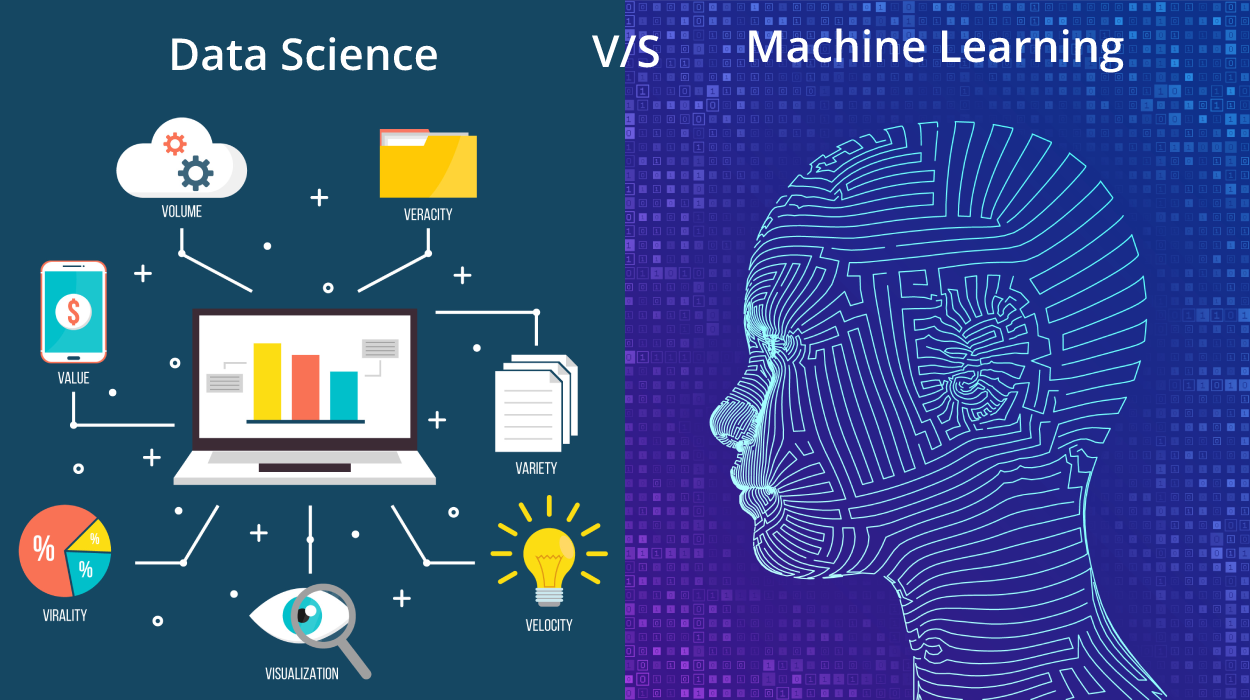Cloud computing is a rapidly growing technology that is transforming the way we do business, learn, and live our lives. From storing data to running applications and providing remote access, cloud computing has become an essential part of modern life.
One of the main benefits of cloud computing is its scalability. With cloud computing, businesses and individuals can quickly and easily scale up or down their computing needs as required. This means that companies can quickly adapt to changing market conditions, while individuals can access the computing power they need without having to invest in expensive hardware.
Another major advantage of cloud computing is its cost-effectiveness. By leveraging the power of cloud computing, businesses can reduce their infrastructure costs, while individuals can access powerful computing resources at a fraction of the cost of owning and maintaining their own hardware.
Cloud computing also offers enhanced security and reliability. With cloud computing, data is stored on remote servers that are managed by experts in data security and management. This means that data is less susceptible to lose, theft, or damage, and is always available to authorized users.
Cloud Computing: Advantages, Applications, and Trends
Cloud computing is a technology that has revolutionized the way we store and access data. It refers to the practice of using a network of remote servers to store, manage, and process data, rather than a local server or a personal computer. In this article, we'll explore the benefits, services, and trends of cloud computing.
Benefits of Cloud Computing
One of the biggest advantages of cloud computing is its cost-effectiveness. With cloud computing, businesses can reduce their infrastructure costs by storing data and running applications on remote servers. This means that they don't have to invest in expensive hardware or pay for ongoing maintenance and upgrades. Individuals also benefit from cloud computing, as they can access powerful computing resources without having to own and maintain their own hardware.
Another advantage of cloud computing is its scalability. Cloud computing allows businesses and individuals to quickly and easily scale up or down their computing needs, depending on their requirements. This means that companies can adapt to changing market conditions, while individuals can access the computing power they need without having to invest in expensive hardware.
Cloud Computing Services
There are several different types of cloud computing services available, including Software as a Service (SaaS), Platform as a Service (PaaS), and Infrastructure as a Service (IaaS). SaaS provides users with access to software applications over the internet, while PaaS allows developers to create and deploy their own applications using cloud-based tools and services. IaaS provides users with access to virtual machines and other infrastructure resources on remote servers.
Cloud Computing Applications
Cloud computing has numerous applications in different industries, including healthcare, education, finance, and government. In healthcare, cloud computing can be used to store and access patient data, while in education, it can be used to deliver online learning. In finance, cloud computing can be used for risk management and trading, while in government, it can be used for data storage and collaboration.
Cloud Computing Security
One of the concerns with cloud computing is security. However, with proper security measures in place, cloud computing can actually be more secure than traditional on-premise computing. Cloud computing providers invest heavily in security measures, such as data encryption, access controls, and multi-factor authentication. They also have disaster recovery plans in place to ensure that data is not lost in the event of a disaster.
Cloud Computing Trends
Cloud computing is a rapidly evolving technology, with new trends emerging all the time. Some of the current trends include edge computing, hybrid cloud, and serverless computing. Edge computing refers to the practice of processing data closer to the source, while hybrid cloud refers to the use of both public and private cloud services. Serverless computing refers to the use of cloud-based functions to run applications without the need for a server.
Cloud Computing in the Future
The future of cloud computing looks bright, with continued growth and innovation in the field. As the technology becomes more widespread and mature, we can expect to see more applications, services, and solutions emerge. Cloud computing is expected to play a key role in the development of new technologies, such as artificial intelligence and the Internet of Things.
In conclusion, cloud computing is a technology that offers many advantages, services, and trends. It has transformed the way we store and access data, and is expected to continue to play a major role in the future of technology. Whether you're a business or an individual, cloud computing has something to offer.








